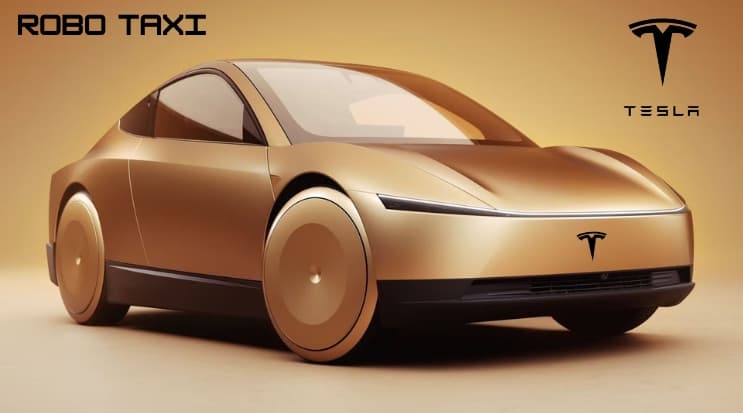
Tesla’s Robotaxi Dream Gets a Boost from New US Autonomous Driving Laws
Unified federal rules may accelerate Tesla's AV rollout, strengthen Elon Musk's long-term AI vision, and attract global investors, including those from the UAE
A major regulatory shift in the United States could propel Tesla into the fast lane of autonomous mobility. The Department of Transportation (DOT) has unveiled plans to introduce a unified federal framework for autonomous vehicles (AVs), replacing the current state-by-state rule chaos. This development not only promises greater clarity for automakers but significantly boosts Elon Musk’s ambitions of scaling AI-powered robotaxis under the Tesla brand.
A Legal Win for Tesla
Under current conditions, companies like Tesla, Waymo, and Cruise face an inconsistent patchwork of laws across 50 US states. These fragmented regulations often delay deployment and inflate operational costs. The new national policy, likely to fall under the Federal Motor Vehicle Safety Standards (FMVSS) and be managed by the NHTSA, aims to remove that red tape—essentially smoothing the road to faster AV adoption.
Elon Musk’s Vision Comes Into Focus
The announcement sent Tesla’s stock soaring nearly 10%, signalling growing investor confidence in Elon Musk’s long-term AI-driven roadmap. For years, Musk has touted the company’s Full Self-Driving (FSD) software as a core pillar of Tesla’s future. A robust robotaxi network, enabled by FSD and supported by federal laws, could massively boost Tesla's profit margins and reshape modern transportation economics.
According to analysts, a national AV law could be the missing piece that finally allows Tesla to scale faster and dominate the emerging autonomous ride-hailing sector.
Why Tesla Could Win Big
-
Clearer laws = faster deployment across US cities
-
Reduced compliance costs = better margins
-
Robotaxis projected to dominate up to 50% of US ride-hailing trips by 2035
-
Tesla’s AI edge = scalable tech with fewer barriers
Morningstar analysts retained their $250/share fair value but noted that regulatory certainty adds a powerful tailwind.
Why UAE Investors Should Care
With the Dubai government investing heavily in autonomous transport and AI, interest in Tesla from UAE-based investors may surge. The parallels in public policy and technology adoption make Tesla’s US policy win relevant in Middle Eastern investment circles too.
Trump-Era vs. Modern Regulatory Momentum
Although this shift comes post-Trump, some analysts believe the Trump administration’s past deregulation of certain automotive sectors laid groundwork for today's federal push. Regardless of the political backdrop, Tesla now finds itself positioned advantageously—leveraging AI, investor optimism, and clearer laws to advance its lead in the self-driving race.
While much depends on the real-world reliability of Tesla’s FSD software, the new US laws mark a turning point. They eliminate one of the biggest unknowns: how long regulatory approval will take. And for Elon Musk, that means one step closer to turning AI dreams into everyday reality.
For any enquiries or information, contact info@thelawreporters.com or call us on +971 52 644 3004. Follow The Law Reporters on WhatsApp Channels